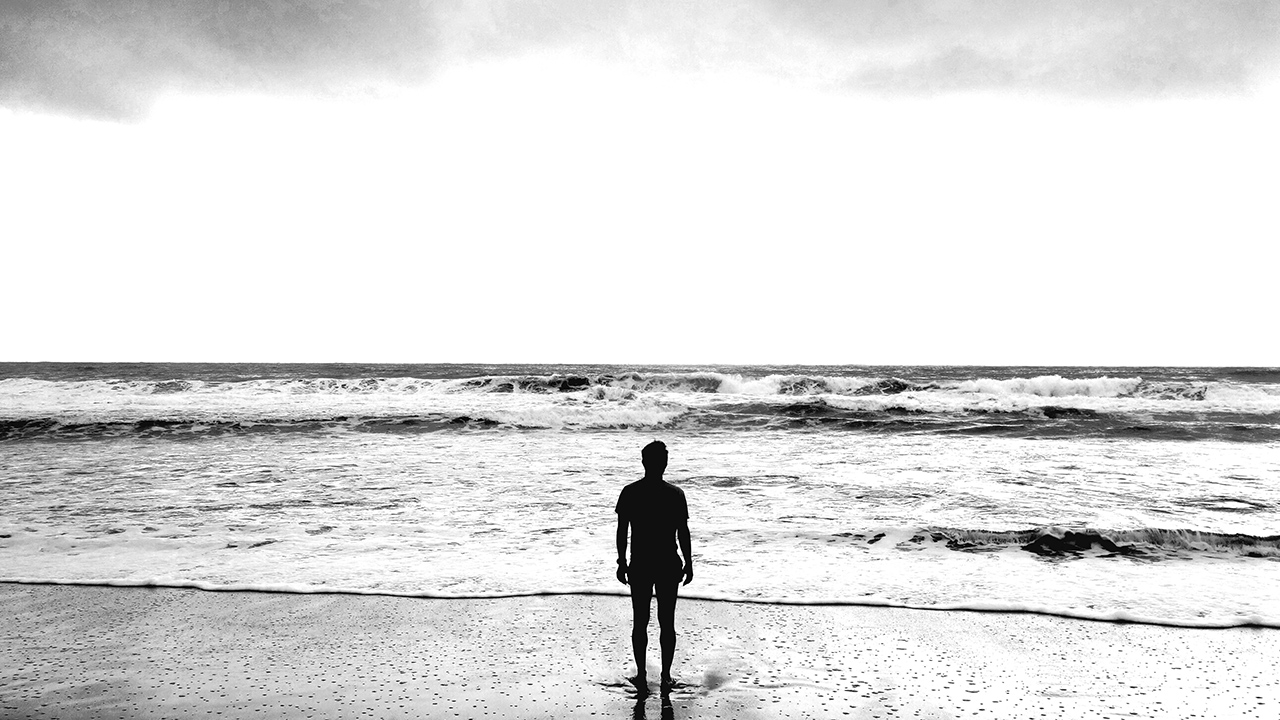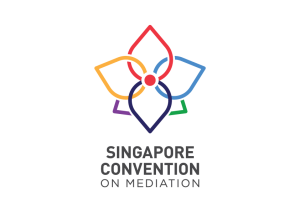
I believe that every job has its intrinsic nobility. The judge, the lawyer, the cleaner, the undertaker, even modern jobs such as the social influencer, gig worker, etc.
“For me, being a mediator has given me my purpose and my dignity.”
Even before I entered law school, I knew I never felt enough for the supposed sweetness of a well-argued victory in the court. Justice was important to me. But, compassion was always the greater virtue. The fact was that social work was my first choice for a course of study but I was persuaded to put that as my second just in case the admission officers were blind enough to miss my poor grades and allow me into law school. Fortunately or otherwise, they were.
The ensuing four years in law school were traumatising in more ways than one. I was convinced by the end of the first year that I was not going to do the bar exams. The conviction was affirmed a thousand times over by the day I finished my last exam in law school. But, it’s not useful to discuss the down moments.
Instead, I want to focus on what redeemed an otherwise wasted 4 years. I believe everything happens for a reason and, after all the difficulties, it was divine intervention that allowed me to get a highly sought-after place in the mediation elective in my final semester. (The main reason that it was highly sought-after was because it was one of the few non-examinable modules in my time.)
Under the tutelage of Professor Joel Lee, I was challenged to take ownership of the application of my own learning. The legal knowledge we acquire can be used to construct a more adversarial society or a more collaborative one. We can use it to fuel divides and aggravate disputes, or it can build bridges and create solutions. The law was neither the problem nor the solution. That honour belonged to us.
Mediation is a path through which the Law and friendships acquired in the university could help connect minds, redefine possibilities, and invigorate spirits. Of the mediator, it demands sheer grit, genuine empathy, mental agility, and cultural fluency. Of the community, it requires the right intellectual infrastructure, a prioritisation of collective problem-solving, and a deep resolve to reduce wastage through sustainable outcomes.
The journey to build a connected community of international mediators is only just beginning. The signing of the Singapore Convention on Mediation is an important milestone that we can use to facilitate greater dialogue.
The Convention will raise the profile of mediators, and of Singapore. It already has. What do we do with this attention? My hope is that we never lose the service focus even as we try to make the world put greater value to the work we are doing. Many mediators around the world are doing what they are doing for free and having their efforts taken for granted. This needs to stop but we need to also make sure we don’t throw the baby out with the bath water. I believe that as we work out a fair value for mediation services, we can also find ways to sustain that spirit of service that I’m so proud of whenever I meet with mediators who’ve been practising thanklessly for decades.
Establishing this balance is what’s needed to help mediators mediate better.
Aside, I’m glad that Prof Joel continues to be a mentor to me, reminding as he always did, not to use the failings of “the world” as an excuse to choose the easier path. I’m also glad I made him sing at my wedding.
– Aloysius
Representative image, by Free-Photos from Pixabay



